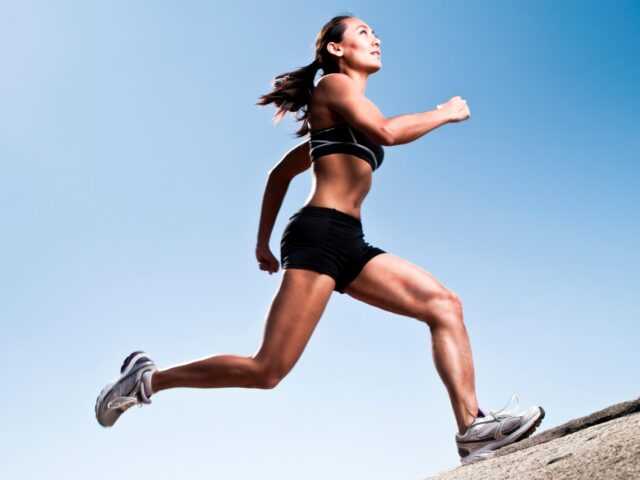Whether you are an exercise enthusiast or go to the gym a couple times a month, research suggests that drinking a cup of joe could make your workout sessions more successful and enjoyable.
Researchers conducted a study in which a sample of inactive men were monitored biking with and without caffeine.
While the men said they put forth the same amount of energy whether or not they had consumed caffeine, the results revealed faster cycling rates after caffeine consumption.
Another set of researchers conducted a study and found participants who had caffeine before a workout had an easier time holding back cravings. In fact, those who had caffeine ate 72 calories less after the workout than those who hadn’t consumed the stimulant.
“Caffeine acts as an effective aid to those participating in exercise by increasing both endurance and stamina,” says Lexie Schwartz, a registered dietitian and licensed nutritionist at Advocate Eureka Hospital in Eureka, Ill.
“Caffeine decreases perceived exertion and increases time to exhaustion during workouts. This means you can improve your pace per mile or finish the last few reps to increase muscle mass.”
Coffee “can also increase the release of feel-good neurotransmitters like dopamine, which affects pain receptors and mood” during the workout, Heidi Skolnik, a sports nutritionist, told CNN.
The International Coffee Organization (ICO) claims, in a press release, that one cup of coffee contains enough caffeine to decrease the feeling of weakness or pain and stimulate improved physical performance.
The maximum amount of caffeine recommended for enhancing performance is 400-600 mg per day, equivalent to 4-6 cups of coffee, and should be balanced with plenty of water, adds Schwartz.
Having some liquid energy an hour before a workout will produce the best results, as the effect of the caffeine will reach its peak in that time, Skolnik said.
She noted that adding milk is also beneficial for black coffee drinkers, because extra protein and carbs will kick-start the mind on those early mornings, simplifying the more critical tasks of a workout session.
Schwartz emphasizes that although coffee offers significant benefits for physical health, it is not the sole contributor to an overall healthy lifestyle.
“If you’re not eating or sleeping well and not staying hydrated,” she says, “you won’t see progress and you’ll likely get weaker instead of stronger.”


















